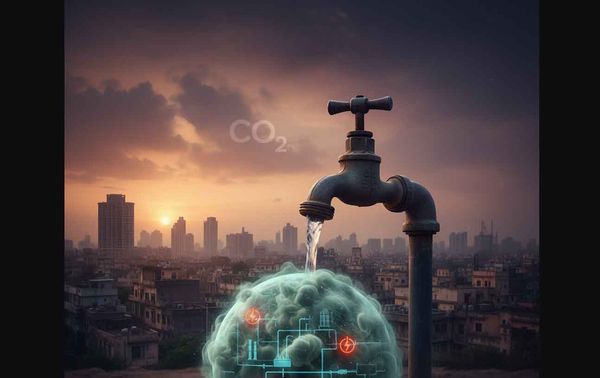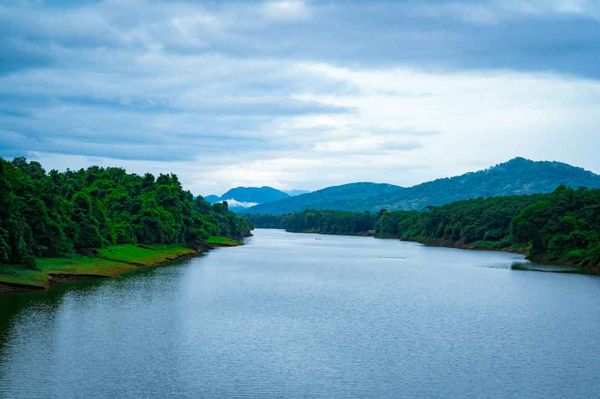2024-05-21
•

Discover how water meters play a vital role in understanding and managing the hidden water footprint in food production. Learn how smart water management systems can promote sustainable water use and conservation.
Water plays an indispensable role in food production, yet its true significance is often veiled within the concept of "virtual water." This term uncovers the extensive amounts of water embedded in the production and supply chains of our food. Grasping the virtual water footprint of our diets is pivotal for promoting sustainable eating habits. Here, we delve into how modern water metering technologies, including smart water meters and residential water meters, are crucial in demystifying the water needed to bring our food from farm to table.
Read more about Liquid Level Monitoring and Automation
Virtual water unveils the hidden water necessary for the production, processing, packaging, and distribution of food and other commodities. This concept helps us understand the comprehensive water footprint of our dietary choices. With the integration of advanced water monitoring systems and IoT water meter technologies, we gain a more profound comprehension of the water consumed in producing our food, enabling more informed and water-resilient decisions.
Food categories have varying water footprints, highlighting the importance of making mindful dietary choices. The cultivation of feed crops and livestock maintenance, especially for red meat production, demands a hefty volume of water, showcased through the data collected by ultrasonic water meters and digital water meter technologies. In contrast, plant-based foods often have a significantly lower water footprint. By leveraging residential smart water meters, consumers and producers alike can monitor and adapt their water use, fostering more sustainable consumption and production patterns.
Certain crops, like rice and cotton, are notorious for their high water demands, frequently cultivated in water-scarce regions. The deployment of water flow meters and smart water meter systems in these agricultural sectors can illuminate the intensive water requirements, guiding efforts towards more water-efficient practices and crop choices, ultimately reducing the overall water footprint of our diets.
The path to sustainability involves adopting diets and food choices that are considerate of their water footprints. Through the utilization of home water meters and residential water meters, individuals can become actively engaged in water-saving practices. Opting for local, seasonal produce, minimizing meat consumption, and supporting sustainable farming practices are strategies enhanced by the detailed insights provided by smart water monitoring systems.
Each consumer has the capacity to influence water conservation through their choices and actions. By employing water-efficient appliances and practices, minimizing food waste, and embracing the insights provided by IoT water meter technology, individuals can significantly contribute to reducing the water footprint of their diets. Furthermore, advocating for and supporting the adoption of water meters for apartments and homes can catalyze community-wide engagement in water conservation efforts.
The integration of water metering technologies such as smart water meters, digital water meters, and ultrasonic water meters into our understanding of food production's water needs illuminates the path towards sustainable consumption. By recognizing the water embedded in our diets and making informed choices supported by these technologies, we can mitigate water wastage, promote efficient water use in agriculture, and take strides towards a water-conscious society. Explore further on how equitable billing for water expenses plays a role in fostering sustainable practices by visiting our blog on the subject.

2025-10-15

2025-09-24